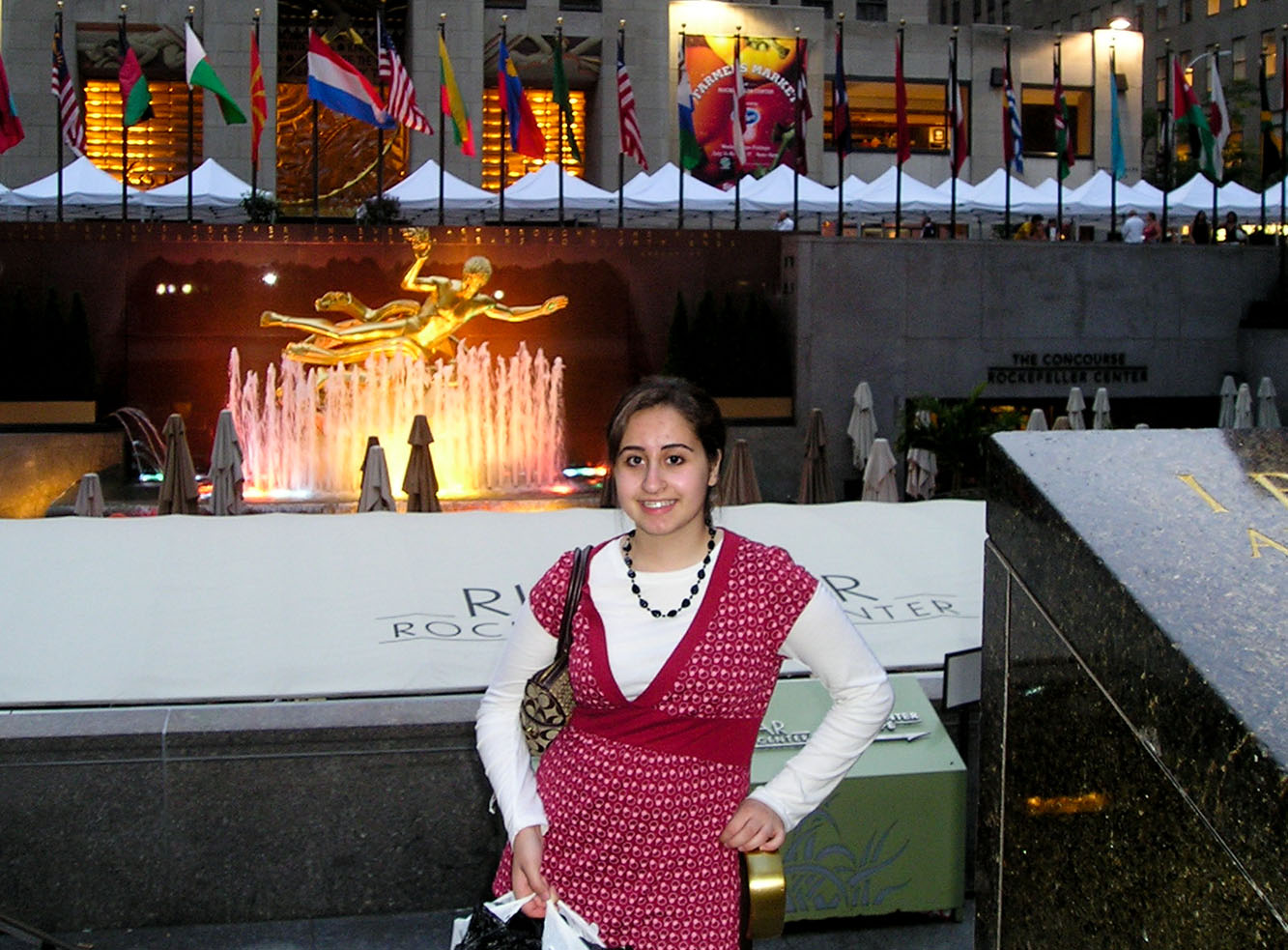On Oct. 27, 2008, I was admitted to the hospital for a spontaneous severe brain hemorrhage in the right frontal hemisphere, which paralyzed me completely.
After I was rushed by helicopter to Indiana University Hospital in Indianapolis, the neurosurgeon, Dr. Pritz, operated on me. My mother and my entire family waited nervously outside the operating room with the rest of my family for eight hours.
At first glance, I may appear to be perfectly normal; however, this is quite untrue. My fervent perseverance and determination to live sets me apart from nearly everyone else. I lost a year of my education and more importantly, my life, due to a severe illness.
When I say “lost,” I mean totally: I lost all function. I couldn’t breathe or eat by myself, so I needed a machine or tube to help me do each of these things. Imagine learning how to walk, speak, and use the bathroom again. People usually learn these things as toddlers and don’t forget, but I had to re-learn all over again.
I also needed to wake up my muscles after not using them for four months. Ordinary people take for granted that they can simply wake up every morning and jump out of bed rather than needing someone to assist them into a wheelchair because they can’t move their legs. I woke up one day and found tubes and wires sprouting from all over my body and my beautiful, long hair shaved off. I was unable to move a finger or speak, or even use my voice and scream. Some people wouldn’t understand why my family celebrated when I wiggled my left fingers, but for us this tiny movement was a miracle, and my mother cried.
After the initial surgery, I was placed in a month-long induced coma to reduce brain swelling, and moved around between different hospitals and physical therapy centers for three more months. I did not return home until February and I was able to return to school and my social life by June. I was permitted to suspend my schooling for a year or more to recover and build up my strength, but I was determined to quickly finish my final year of high school so I could graduate and enroll in college as fast as possible. I was also just immensely bored of doing nothing but lying around in hospitals, watching sitcoms and eating terrible food. Many of my doctors were skeptical when I insisted I would make a full recovery; the survival rate for people with my condition was a mere two percent, and even if I survived they presumed I would be extremely disabled. In fact, a few people that I met did not want me to have very high expectations because of this low percentage.
But look at me now! I am walking around, not in a wheelchair, talking and conversing with my friends and professors, writing papers, doing projects and taking exams. I’m in my second year of college with slightly-above-average grades, and I am officially an English major. I beat the odds and I am proud of my success.



